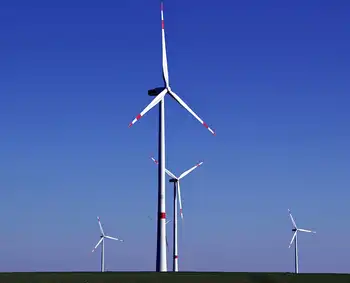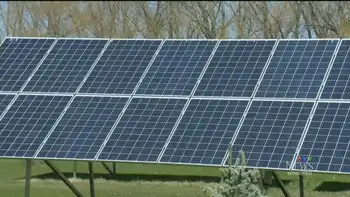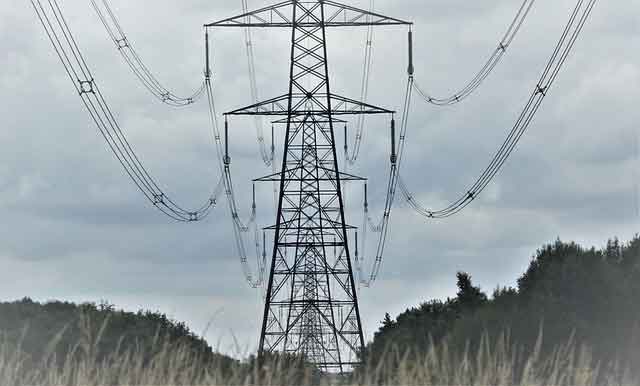Peabody sues Wisconsin utility over plant
WISCONSIN - The agreement: Company was to purchase a 6 percent stake for 99 megawatts of power.
The rub: Peabody says the agreement was voided, and the agreed-to price is no longer valid.
Peabody Energy Corp. is suing a Wisconsin power supplier to resolve a dispute over a $2.5 billion coal-fired power plant being developed in southwestern Illinois.
Wisconsin Public Power Inc., a power supplier to 40 Wisconsin municipalities that sought to be a partner in the Prairie State Energy Campus, says it's entitled under an agreement with Peabody to buy electricity from the proposed Washington County plant for 25 years beginning in 2010 at a fixed price, according to the lawsuit filed in St. Louis Circuit Court.
Peabody, the world's largest publicly traded coal producer and a co-developer of the plant, said a letter of intent between the parties in 2005 isn't binding and the cited price "would result in a massive windfall for (Wisconsin Public Power) and corresponding financial burden" for the project.
The company is asking the court to enforce Peabody's interpretation of the deal.
Anne Rodriguez, a spokeswoman for Wisconsin Public Power, declined to comment on the lawsuit. Vic Svec, a Peabody spokesman, couldn't be reached.
Wisconsin Public Power, based in Sun Prairie, Wis., signed the letter of intent in April 2005 to purchase a 6 percent stake in the Prairie State project in exchange for 99 megawatts of output. That agreement was amended in late December so the company could purchase the electricity even if regulators in the state barred it from taking an ownership stake.
In March, the Wisconsin Public Service Commission approved the company's involvement in the project.
Peabody said the purchased power agreement with Wisconsin Public Power was voided after the Wisconsin PSC approved the project, and the agreed-to price isn't valid anymore because project costs have risen sharply. The coal producer said Wisconsin Public Power officials were aware of the rising price tag and had attended development meetings through April.
The Prairie State project, a controversial 1,600-megawatt plant that would burn coal from an adjacent Peabody mine, was proposed in 2001, but delays getting necessary environmental permits have held back construction. Meanwhile, the plant's estimated cost has risen to $2.5 billion from $1.8 billion.
Peabody and CMS Energy Corp. of Jackson, Mich., which agreed in October to operate the plant, would own 15 percent of the project. A group of Midwest municipal utilities and electric cooperatives would own an additional 47 percent.
Prairie State would be among the largest coal-fired power plants in the U.S. It is expected to take about four years to build, meaning it wouldn't open until at least 2010.
The Sierra Club, which had fought to keep Wisconsin Public Power from buying a stake in the plant and is suing to appeal the federal government's decision to grant the project an air permit, said Peabody's lawsuit raises questions about the economics of the project.
"Here's the first serious crack in the viability of this project," Sierra Club attorney Bruce Nilles said. "This is a terribly conceived project that's bad for all involved, including the owners and, of course, the environment."
Related News

UK windfarms generate record amount of electricity during Storm Malik
GLASGOW - The UK’s windfarms generated a record amount of renewable electricity over the weekend as Storm Malik battered parts of Scotland and northern England.
Wind speeds of up to 100 miles an hour recorded in Scotland helped wind power generation to rise to a provisional all-time high of more than 19,500 megawatts – or more than half the UK’s electricity – according to data from National Grid.
National Grid’s electricity system operator said that although it recognised the new milestone towards the UK’s ‘net zero’ carbon future, it was “also thinking of those affected by Storm Malik”.
The deadly storm caused widespread…




